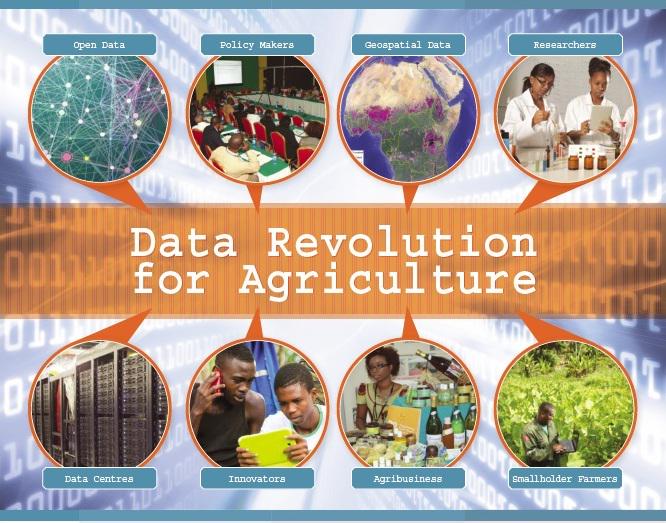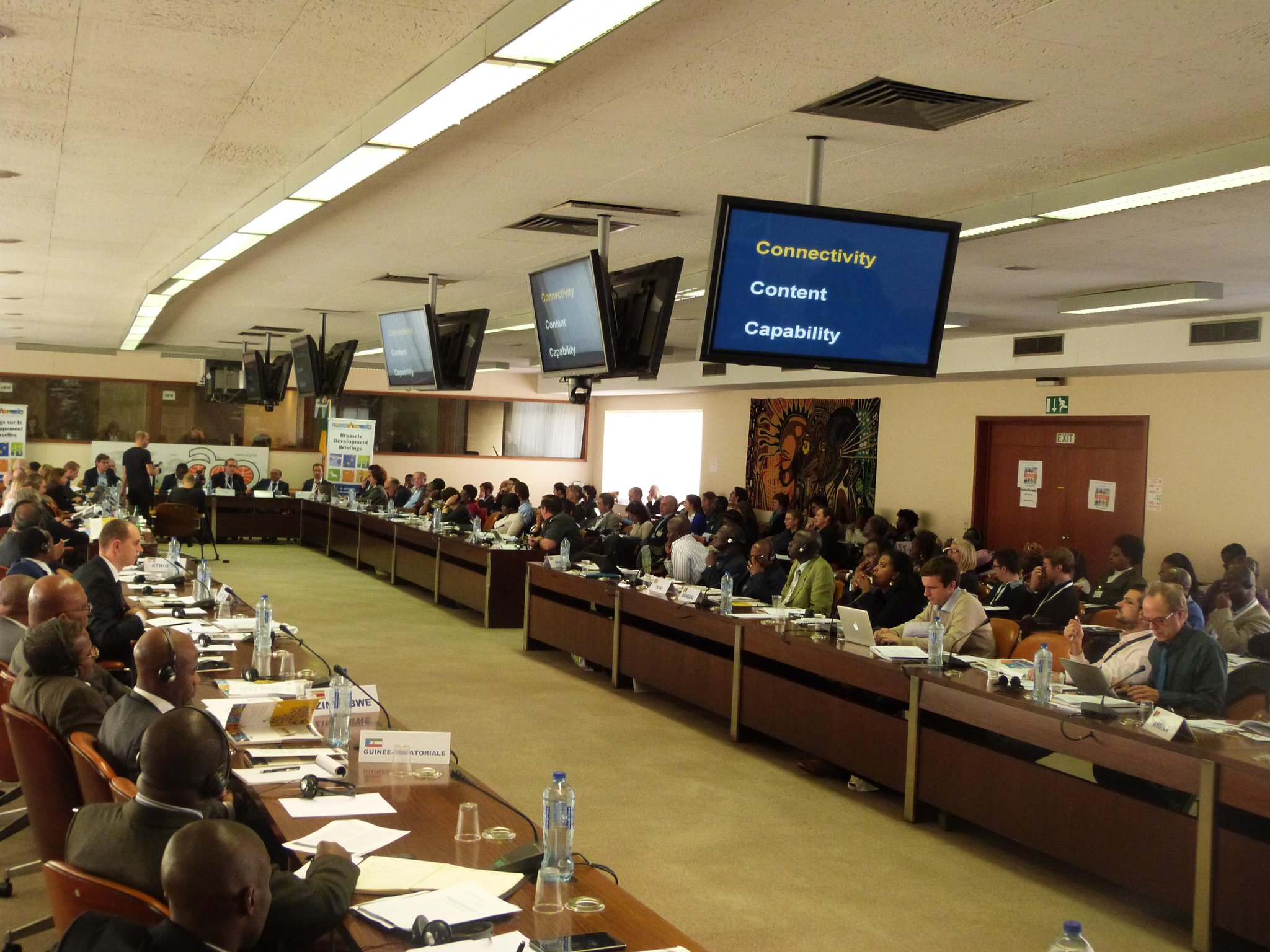18th February 2015. Brussels. ACP Secretariat. CTA Brussels Development Briefing on the subject of “Data: the next revolution for agriculture in ACP countries?”.
The audience of 155 participants included ACP-EU policy makers, regional organizations, representatives of EU Member States, European Commission services, Members of the European Parliament, private sector, civil society groups, European research and development practitioners and international organizations.
The increasing volume of real-time data represents both a challenge and an opportunity for developing countries, and in particular, Africa, the Caribbean and the Pacific (ACP). Harnessing the opportunities offered by this new digital landscape of open data systems shall be crucial: to meet acute data gaps throughout the value chain; to collect reliable data and statistics; to accurately plan and influence policies and interventions; to benefit from private-public partnerships, especially in the food industry; to inform global development efforts, donor decisions, and policy.
- Background Note and Programme
- Reader
- Biodata of speakers
- Resources and Glossary
- ICT Update: Data Revolution for Agriculture
The increasing volume of real-time data represents both a challenge and an opportunity for developing countries, and in particular, Africa, the Caribbean and the Pacific (ACP). Harnessing the opportunities offered by this new digital landscape of open data systems shall be crucial: to meet acute data gaps throughout the value chain; to collect reliable data and statistics; to accurately plan and influence policies and interventions; to benefit from private-public partnerships, especially in the food industry; to inform global development efforts, donor decisions, and policy.
Related:
Poor Numbers is the first analysis of the production and use of African economic development statistics. Morten Jerven's research shows how the statistical capacities of sub-Saharan African economies hav
e fallen into disarray. The numbers substantially misstate the actual state of affairs. As a result,
- scarce resources are misapplied.
- Development policy does not deliver the benefits expected.
- Policymakers' attempts to improve the lot of the citizenry are frustrated.
- Donors have no accurate sense of the impact of the aid they supply.
Related:
Open Data and Smallholder Food and Nutritional Security.
Andre Jellema, Wouter Meijninger and Chris Addison.
Alterra.CTA. 2015
CTA shared the findings from a report commissioned from Alterra on open data benefits for smallholder farmers where the authors identified the main potential areas for open data use: Making agriculturally-relevant data accessible to users around the world. The report aimed to answer the following questions: what is the actual impact of the open data movement on the food and nutrition security of smallholders in the developing world? What opportunities does it present, and which remain unfulfilled?
Related:





No comments:
Post a Comment